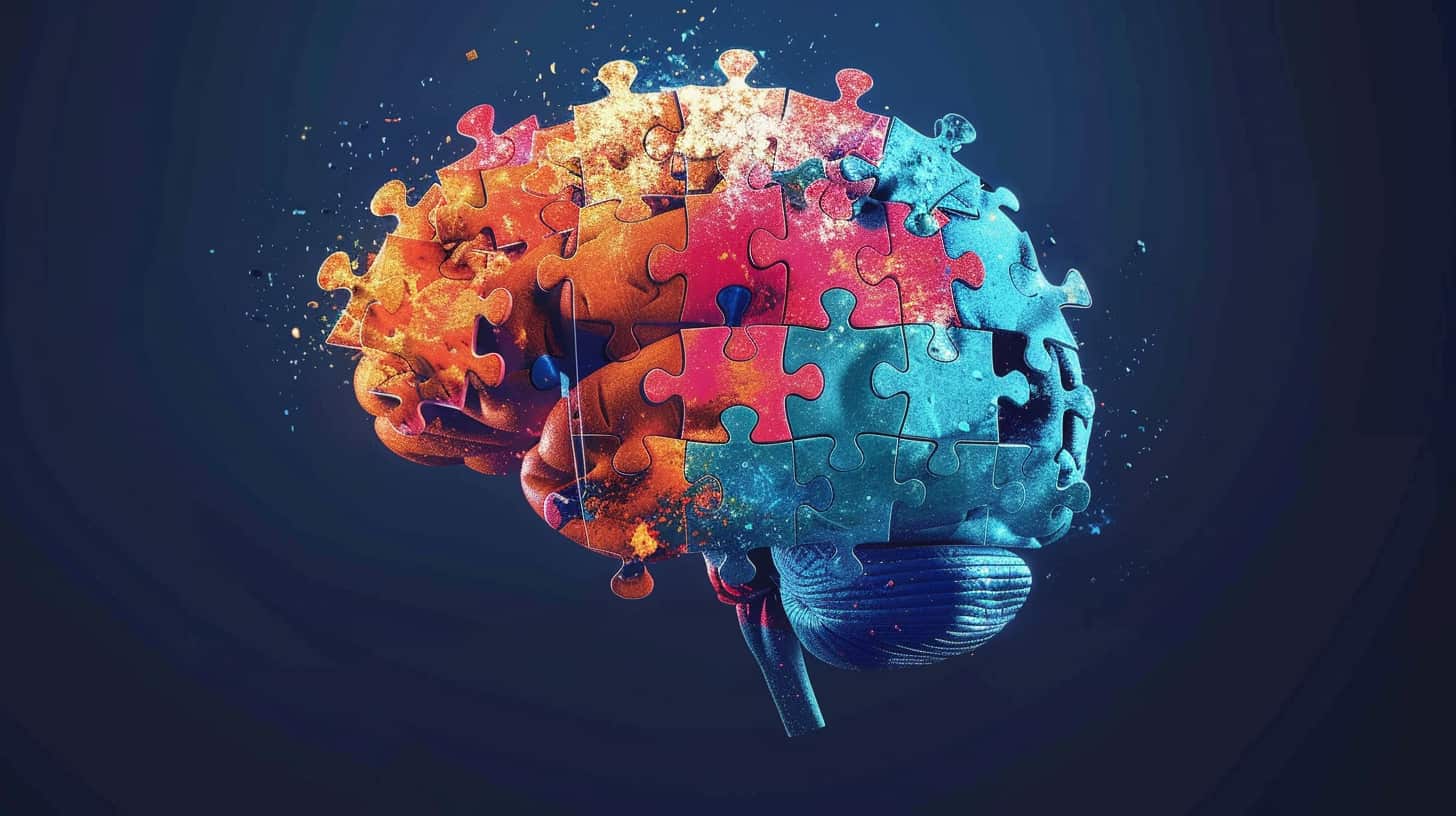Understanding addiction is a bit like trying to catch a cat in the dark—you know it’s there, lurking in the shadows, but grasping it is another matter. It’s complex, slippery, and often hides in the least expected places. Yet, at the heart of addiction, if we understand the relationship between dopamine and addiction, we can move closer to unlocking the door to recovery.
Relationship Between Dopamine and Addiction: The Reward System
Dopamine is like the brain’s highlighter pen, emphasizing the moments that make us feel good—from the warmth of a hug to the satisfaction of a well-earned win. However, this system, designed to reward life-sustaining activities, can be hijacked by substances that offer a shortcut.
Cocaine, heroin, and even nicotine amplify dopamine signals in the brain, turning a whisper into a pleasurable shout. Cocaine, for instance, keeps dopamine working in the synapses longer than nature intended, creating a rush of pleasure beyond ordinary joy. Heroin, on the other hand, uses a backdoor to pump up dopamine levels by inhibiting inhibitory neurons. It’s like removing the brake pedal from a car; the result is an uncontrolled surge forward.
Relationship Between Dopamine and Addiction: The Crash
This biochemical party, however, is not without consequences. The relationship between dopamine and addiction is like a love story turned sour. Initially, the brain is swept off its feet by the intense pleasure it receives from drug use. Yet, like a garden overwatered, the brain’s dopamine system begins to drown.
It compensates by turning down the volume, reducing the number of receptors, and becoming less sensitive to dopamine. This adaptation means that the natural joys of life, those everyday moments of pleasure, no longer register on the brain’s dulled palette.
The Brain Likes an Easy Hit
Why, then, does our brain turn to these easy dopamine hits once it’s experienced them? Simply put, the brain loves efficiency. In a world where survival once hinged on quick, energy-efficient decisions, the brain evolved to prioritize high-reward activities with minimal effort.
Drugs exploit this system, offering a shortcut to bliss with the flip of a biochemical switch. However, the aftermath leaves the brain craving more, trapped in a cycle of diminishing returns.
The consequences of chasing these drug-induced dopamine highs are severe. Beyond the well-documented physical and psychological side effects, the natural capacity for pleasure and motivation dwindles. Activities once enjoyed become bland, the world loses its color, and the pursuit of happiness becomes a chase after a fading echo.

A Better Relationship With Dopamine
With treatment, you can replace the drugs—get a natural source for the pleasure neurotransmitters. The brain’s plasticity offers a way out. Just as dopamine can be hijacked by drugs, it can also be supplied by healthier activities. Exercise, social interactions, creative pursuits, and even the simple act of learning something new can boost dopamine.
These activities, take a little work, of course. But they offer a lasting source of pleasure and satisfaction that can help rebuild the brain’s capacity for joy. And best of all, they don’t lead to a path of addiction and ultimate destruction.
Relationship Between Dopamine and Addiction: The Disease
Despite how we got our brain in this situation, it’s important to emphasize that addiction is not a choice; it’s a disease that methodically alters the brain’s chemistry and functionality. Understanding the relationship between dopamine and addiction doesn’t simplify the process of recovery, but it does offer essential knowledge about the mechanisms at play.
It underscores the reality that the intense craving for drugs and the difficulty in resisting them are not failures of willpower but are indicative of the profound changes in brain function caused by addiction.
Recognizing how substances distort the dopamine pathway shows how addiction reconfigures the brain’s priorities and responses, making it a condition that requires understanding, treatment, and compassion, rather than judgment or moral censure.
The challenge for those affected is not about mustering the moral strength to resist temptation but about engaging in a comprehensive treatment process that addresses the underlying changes in the brain.
Get Help Re-engaging Your Natural Source of Dopamine
At Covenant Hills Treatment Center, we understand that the path to overcoming addiction unfolds through a deep understanding of its roots, not just its symptoms. Addiction, fundamentally influenced by the manipulation of dopamine levels, is a complex condition that rewires the brain’s reward system. It’s not a choice; it’s a disease that demands a compassionate, informed approach to treatment.
If you or a loved one is battling with addiction, remember: there is hope. Our programs are designed to address the biochemical imbalances, like those involving dopamine, that underpin addiction. By focusing on comprehensive, personalized treatment plans, we aim to restore the brain’s natural capacity for joy and reward without dependency on substances.
Let Covenant Hills be your guide back to a life filled with the simple, authentic joys that substance dependency has overshadowed. Contact us today and take the first step towards a future where your happiness is no longer hijacked by addiction. Together, we can break the cycle and pave the way to a fulfilling, drug-free life. Call now: 800-662-2873.








